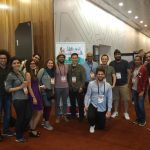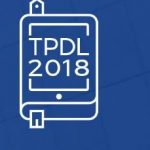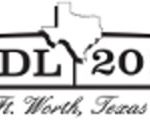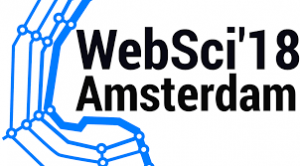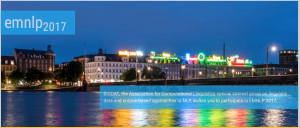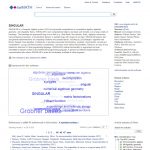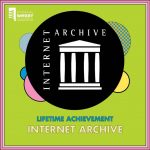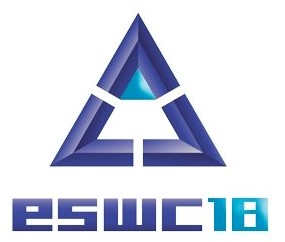 The 15th Extended Semantic Web Conference (ESWC 2018) was held in Heraklion (Crete, Greece) on 3-7 June 2018. The Alexandria project was present with the following publications:
The 15th Extended Semantic Web Conference (ESWC 2018) was held in Heraklion (Crete, Greece) on 3-7 June 2018. The Alexandria project was present with the following publications:
– TweetsKB: A Public and Large-Scale RDF Corpus of Annotated Tweets (by Pavlos Fafalios, Vasileios Iosifidis, Eirini Ntoutsi, and Stefan Dietze). Nominated for the “Best Resource Paper” award! [PAPER]
– EventKG: A Multilingual Event-Centric Temporal Knowledge Graph (by Simon Gottschalk and Elena Demidova) [PAPER]
In addition, the following papers were presented in ESWC workshops:
– Time-Aware and Corpus-Specific Entity Relatedness (by Nilamadhaba Mohapatra, Vasileios Iosifidis, Asif Ekbal, Stefan Dietze, and Pavlos Fafalios) – Workshop on Deep Learning for Knowledge Graphs and Semantic Technologies (DL4KGS) [PAPER]
– Heuristics-based Query Reordering for Federated Queries in SPARQL 1.1 and SPARQL-LD (by Pavlos Fafalios and Yannis Tzitzikas) – 2nd Workshop on Querying the Web of Data (QuWeDa) [PAPER]


